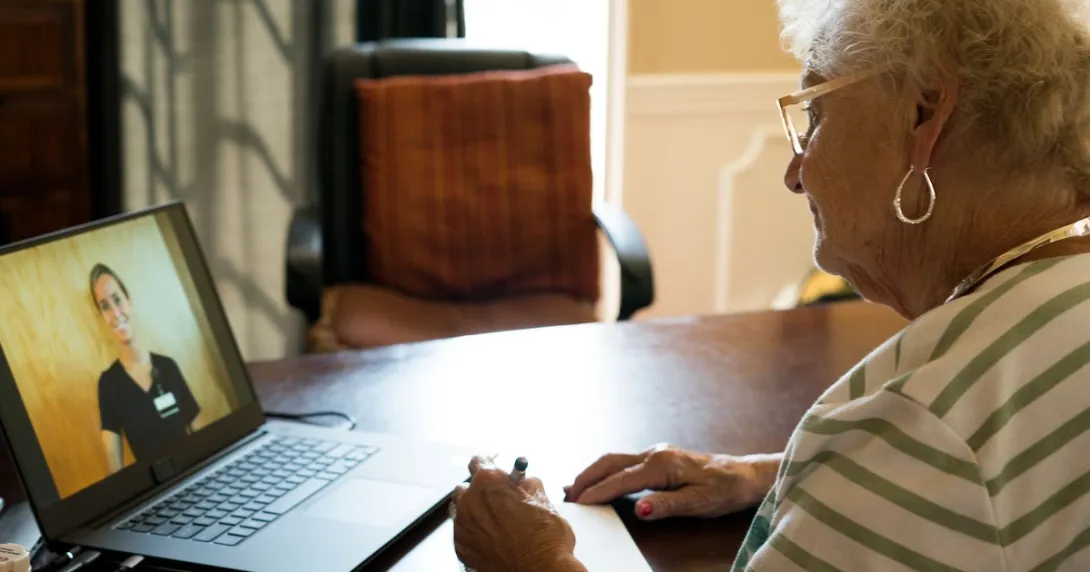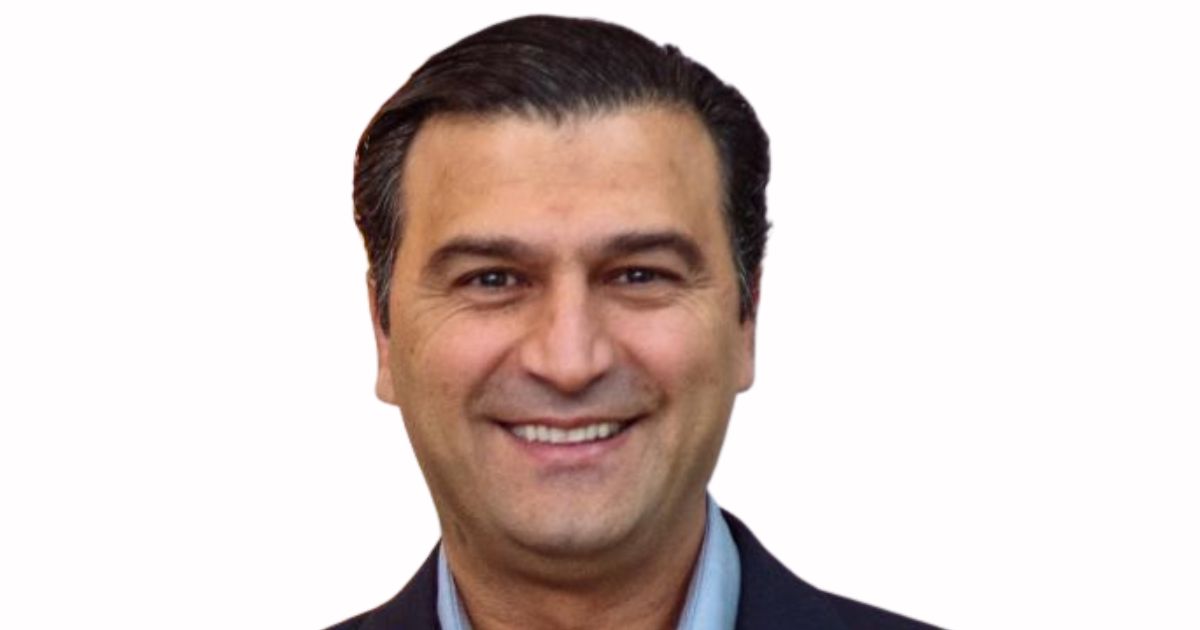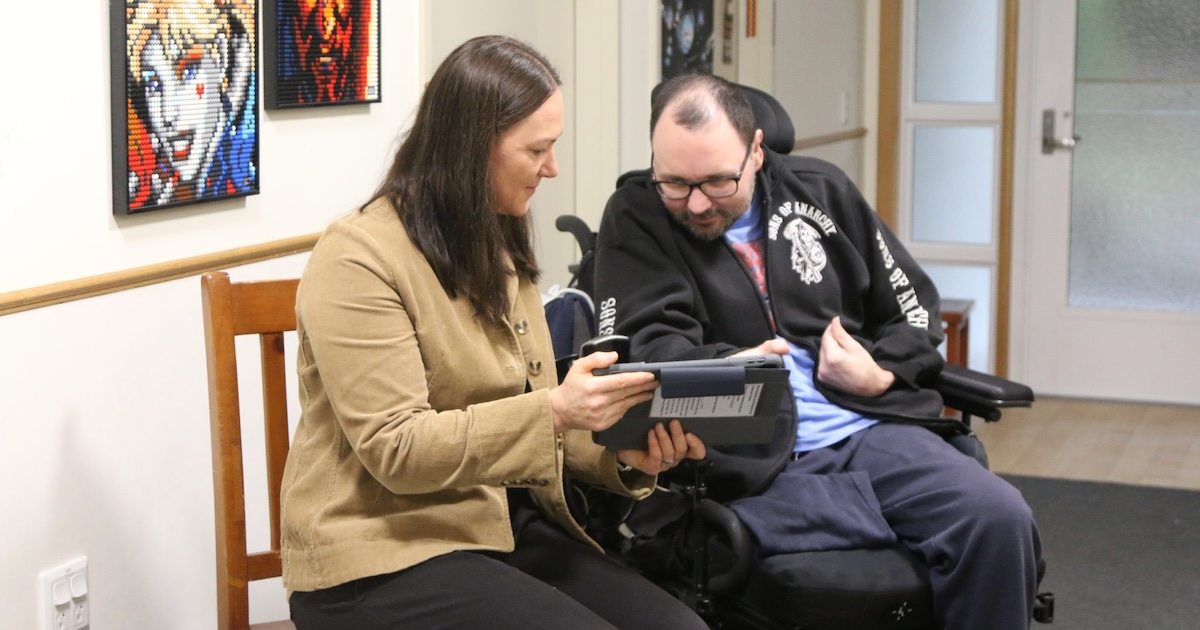
Photo: Kimberly Sue Walker/Getty Images
A new project will introduce culturally informed digital onboarding of patients across Aboriginal Medical Services in Australia.
The Digital Health Cooperative Research Centre-funded (DHCRC) project will utilise a digital platform by iyarn and reflect indigenous knowledge systems, language, and ways of engaging.
The onboarding model, guided by Indigenous Data Sovereignty principles, will feature plain-language consent and role-based data access. It will also integrate patient-reported outcomes and experiences for "more meaningful insights to support care," according to a media release.
The project will also conduct co-design workshops, indigenous experts-led technical development, and pilot testing at AMS sites.
WHY IT MATTERS
Aboriginal and Torres Strait Islander peoples, who have the highest rates of chronic illnesses in Australia, are poised to benefit the most from digital health. However, they risk missing these purported advantages – particularly ease of access and early diagnosis – due to low trust, poor usability, and a lack of cultural alignment, according to the DHCRC.
Addressing these blocks by co-designing technology with indigenous people themselves "doesn’t just improve usability; it empowers communities," stressed John Saulo, director of digital agency NGNY, who is also part of the project.
The project, which also involves the University of Technology Sydney and the Djurali Centre at the Heart Research Institute, aims to ensure that indigenous patients dealing with chronic diseases "start their digital journey with trust and confidence."
THE LARGER TREND
Over the years, federal government-backed efforts sought to improve equitable access to healthcare and raise health outcomes among First Nations peoples in Australia. A project led by indigenous leaders, for example, has connected disparate health records of Aboriginal and Torres Strait Islanders across health facilities to help boost maternal and perinatal health outcomes. Another initiative is a cancer care portal that provides culturally safe support and information for Australian indigenous peoples.
Beyond Australia, Forte Health, a private surgical hospital in New Zealand, has recently embedded cultural sensitivity into one of its digital patient pathways to ensure "inclusive communication" while reducing surgical cancellations.

